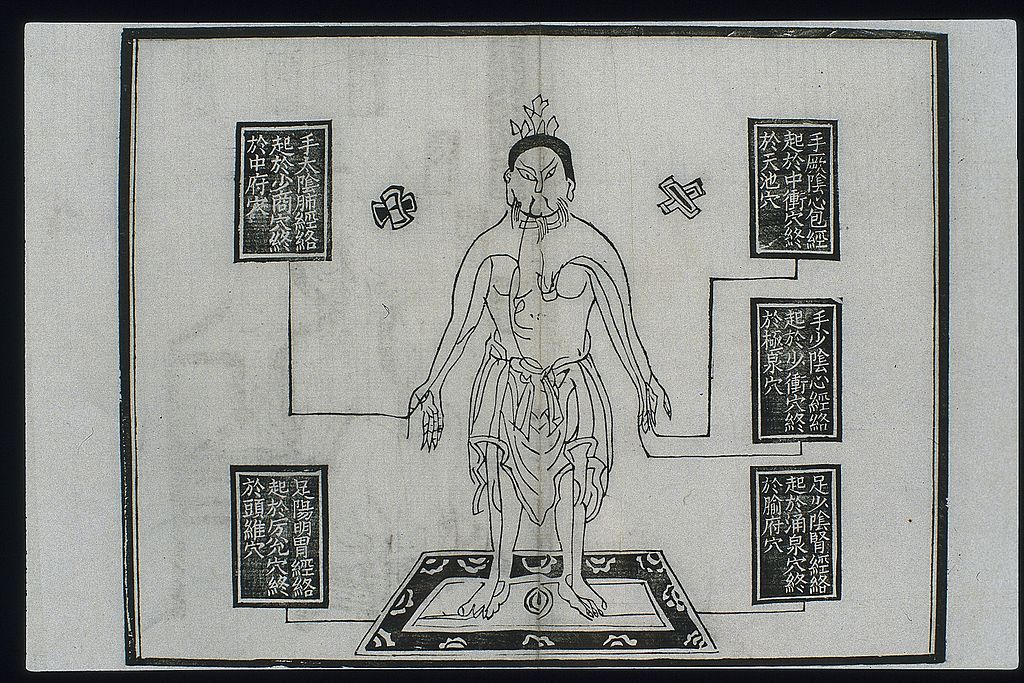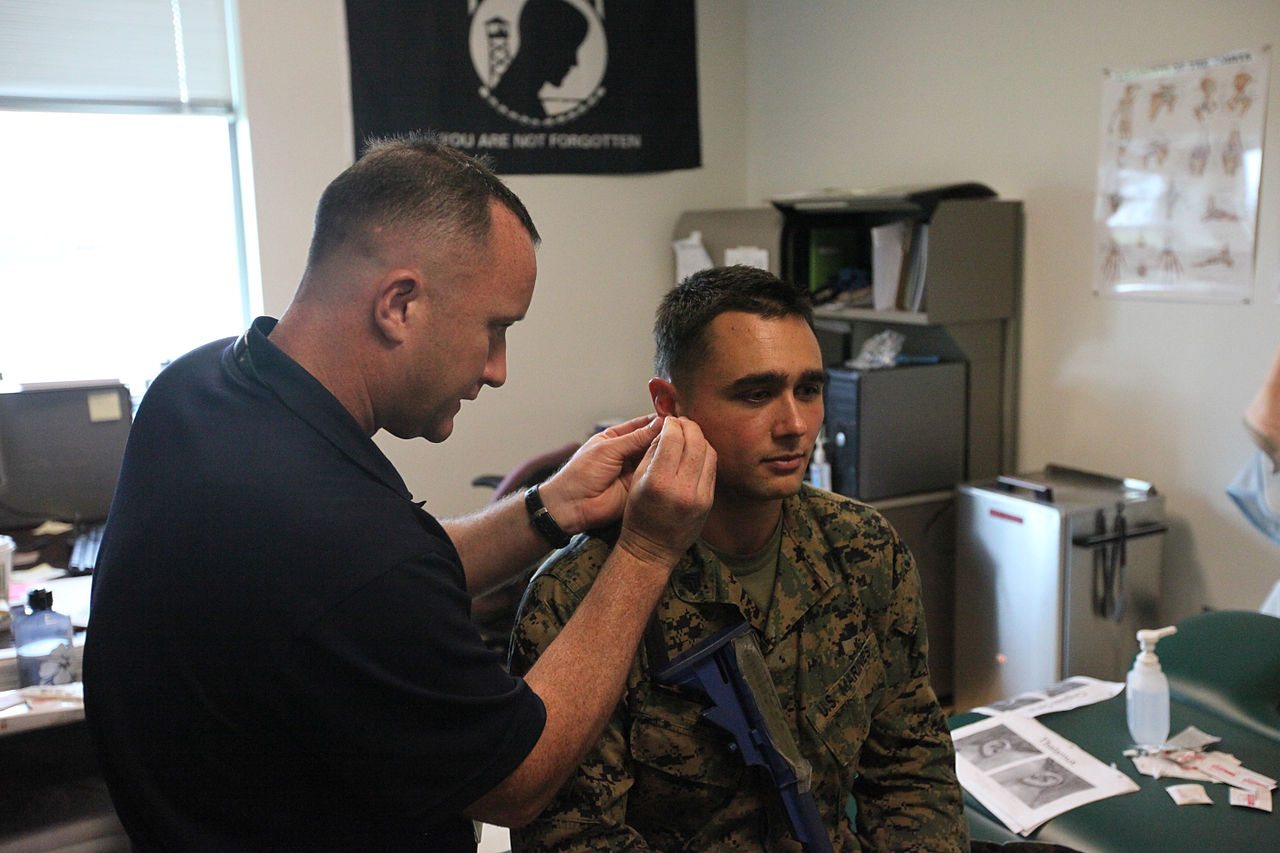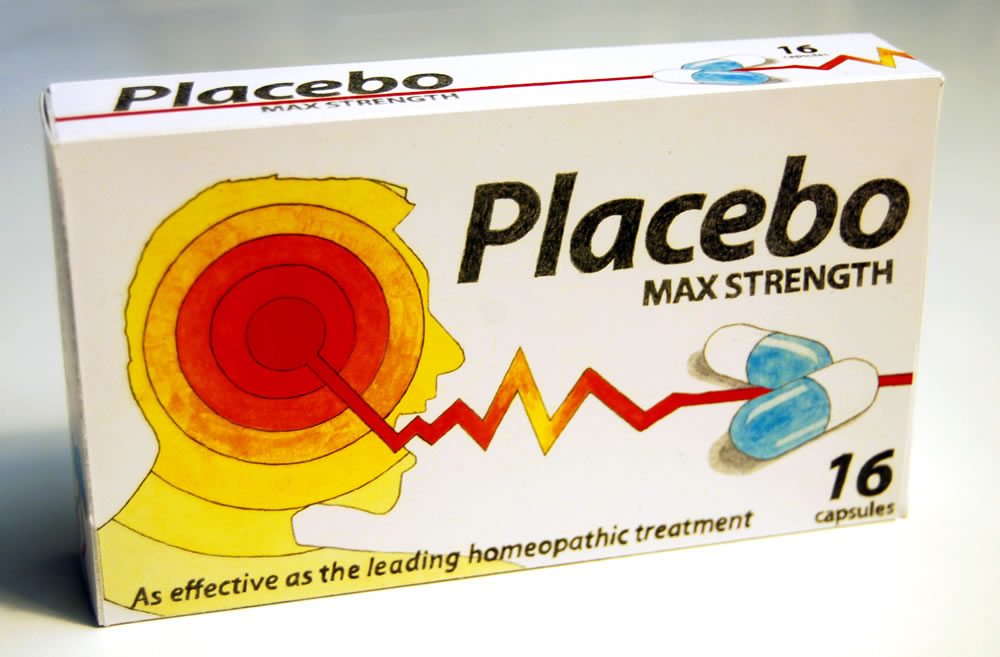Results for: abstract
Does massage therapy decrease inflammation and stimulate mitochondrial growth? An intriguing study oversold
If there’s one form of so-called “complementary and alternative medicine” (CAM) that I find more tolerable than most, it’s massage therapy. The reason, of course, is that, whatever else anyone claims about massage, there’s no doubt that it feels good. Indeed, I’ve sort of come around to Kimball Atwood’s way of thinking. Back when he and I were on a panel together...
What is Science?
Consider these statements: …there is an evidence base for biofield therapies. (citing the Cochrane Review of Touch Therapies) The larger issue is what constitutes “pseudoscience” and what information is worthy of dissemination to the public. Should the data from our well conducted, rigorous, randomized controlled trial [of ‘biofield healing’] be dismissed because the mechanisms are unknown or because some scientists do not...
IgG Food Intolerance Tests: What does the science say?
I spend a lot of time as a pharmacist discussing side effects and allergies to drugs. For your own safety, I won’t recommend or dispense a drug until I know your allergy status. I don’t limit the history to drugs—I want to know anything you’re allergic to, be it environmental, food, insects, or anything else. Allergies can create true therapeutic challenges: We...
Adventures in defending science-based medicine in cancer journals: Energy chelation
My co-bloggers and I have spent considerable time and effort over the last four years writing posts for this blog (and I for my not-so-super-secret other blog) bemoaning the infiltration of quackademic medicine into what once were bastions of evidence- and science-based medicine. We’ve discussed at considerable length reasons for why this steady infiltration of pseudoscience into medical academia has been occurring....

What Is Traditional Chinese Medicine?
Traditional Chinese Medicine is not actual medicine, and should not be treated as such. It has more in common with Galen's theory of the four humors than anything a doctor would recognize today.
NIH Director Francis Collins doesn’t understand the problem with CAM
As the sole cancer surgeon among our stable of Science-Based Medicine (SBM) bloggers, I’m probably the most irritated at the infiltration of pseudoscience into academia (or, as we sometimes like to call it, quackademic medicine) in the realm of cancer. Part of the reason, of course, is that cancer is so common and that the consequences of adding pseudoscience to cancer therapy...
The New England Journal of Medicine Sinks a Bit Lower
I suppose it was bound to happen, but it still rankles. Here is the back cover of last week’s issue of the decreasingly prestigious New England Journal of Medicine: Here’s the front cover: It’s the 200th Anniversary issue, no less. Some might protest that ‘probiotics’—live bacteria of ‘good’ varieties, as far as the gut is concerned—aren’t all that implausible, and that...
Tonsillectomy Indications and Complications
Tonsillectomy remains a common surgical procedure with over half a million cases in the US per year, the most common surgical procedure in children. The indications and effects of tonsillectomy remain a matter of research and debate, as is appropriate. It is also a subject of popular misinformation and alarmism. A recent article by Seth Roberts raises many of the issues with...

Acupuncture, the Navy, and Faulty Thinking
A Navy neurologist, Capt. Elwood Hopkins, has posted a 3-part article on “The Power of Acupuncture” on Navy Medicine Live, the official blog of Navy and Marine Corps Health Care. It can serve as a useful lesson in how not to think about medicine. It is a prime example of how an intelligent, educated doctor can be fooled and can fool himself...

The rebranding of CAM as “harnessing the power of placebo”
If there’s one thing I’ve learned over the past seven years or so that I’ve been blogging, first at my other “super secret” (or, more accurately, super “not-so-secret”) blogging location, and then the four years I’ve been blogging here at Science-Based Medicine (SBM), it’s that the vast majority of “alternative medicine,” “complementary and alternative medicine” (CAM), and “integrative medicine” (IM) treatments (or...

